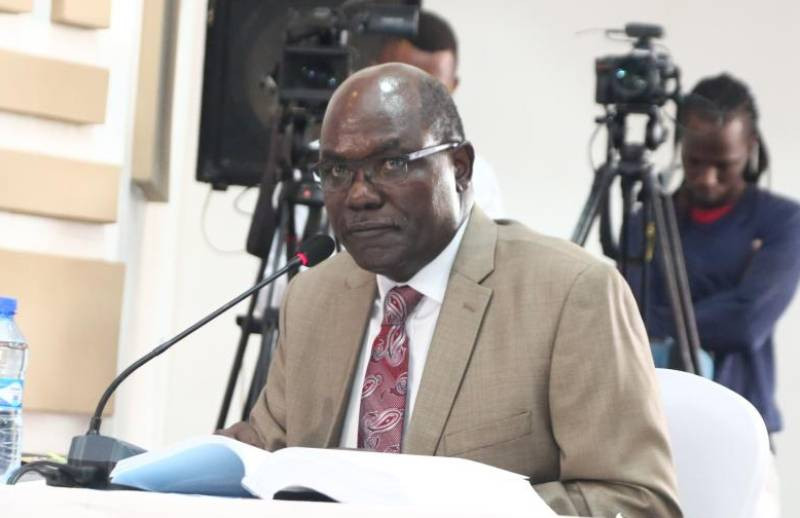×
The Standard e-Paper
Smart Minds Choose Us

Former IEBC chairperson Wafula Chebukati. [Silas Otieno, Standard]
Former Independent Electoral and Boundaries Commission (IEBC) chairperson Wafula Chebukati avers that excluding election observers from polls may be contributing to the recent spate of election-related military coups in Africa.